The impact of unconscious bias in higher education
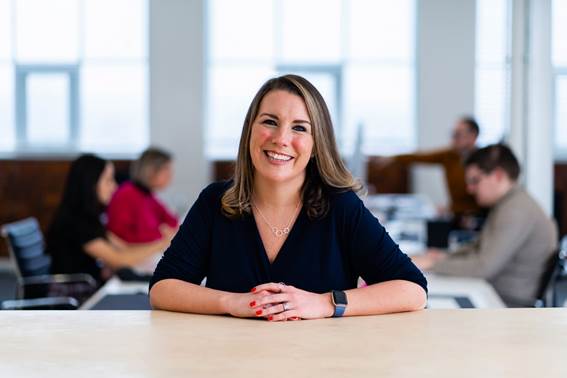
This past year has been a rollercoaster to say the least for students across the UK. From multiple reports of increased hate crime, particularly amongst the Chinese population, to increased health and safety concerns, the pandemic has resulted in more incidents of discrimination within higher education (HE) institutions.
Combine that with the renewed spotlight on the Black Lives Matter movement, and this year has resulted in more of those who have experienced discrimination of various forms coming forward to share their stories.
Universities UK (UUK), which represents 140 institutions in England, Scotland, Wales and Northern Ireland, recently released a report which has called for leaders to improve understanding and awareness of racism among staff and students, by undergoing training to improve racial literacy as part of a sector-wide crackdown. While UK universities have also been urged to act on issues around classism and accent prejudice, after an investigation by The Guardian found a number of students at some of Britain’s leading universities had faced bullying and harassment as a result of their regional accents and working-class backgrounds.
The events of recent months have also resulted in issues around unconscious bias coming to light, with many universities rolling out training courses to enable staff to build an understanding of what unconscious bias means, where it comes from and the influence it has on decision-making.
Unconscious bias is, in a nutshell, the prejudice you don’t know you have – and very much centres around social stereotypes and the implicit preconceptions that people tend to form outside of their own conscious awareness. Most people, many without even realising, hold beliefs about other individuals who may identify as being part of a different social group or have a certain character trait, often resulting in poor decision-making/judgements.
Unconscious bias exists in various different forms including age, gender, race, ability, accent, beauty, religion, background and culture, amongst others, and leads to the unfair treatment of individuals in various different environments, including education, without any evidence to support such biases.
While everyone holds unconscious biases about others, not many people are aware of the impact they can have on others and the influence they have on the everyday decisions we make. This very issue has been blamed for masking problems of systemic racism and inequality, as it’s been proven that unconscious biases often lead to discrimination and microaggressions, which can be incredibly harmful to the people on the receiving end of them.
As many people aren’t fully aware of their own unconscious biases, there’s a dangerous misconception that because they aren’t aware of them, there isn’t anything they can do about them. However, educating ourselves on the issue and influence implicit biases may be having on our own decision-making can, in turn, help tackle the problem. This is more important for employees in higher education, particularly those who are responsible for admissions and awarding, to ensure every single student/applicant to their institution is given a fair opportunity and is not judged on where they’re from, their class/cultural background, their name, ethnicity, religion or gender etc. While some universities have made training mandatory for employees responsible for making decisions on applicants, there is still some work to do to tackle the problem.
Other recommendations on minimising the impact of unconscious bias also centre around making certain processes anonymous by blocking some pieces of individual information, which could lead to social stereotyping in the decision-making process. Ensuring individual information, that could lead to incidents of unconscious bias, remains anonymous on everything from applications to grading work/exams, could essentially help eliminate the issue and ensure processes are much fairer for everyone.
If anything, recent months have taught us the importance of evaluating systemic inequity within institutions, to ensure there are effective systems in place to support those further marginalised by recent events. While many are working hard to eliminate unconscious bias, there is much more HE institutions can do to reduce and ultimately eliminate bias in their decision-making processes – to ensure all students hoping to progress further with their education, are treated fairly in the process.
Gemma McCall, CEO and co-founder of Culture Shift, the software development business that builds products to empower organisations to tackle harassment and bullying.




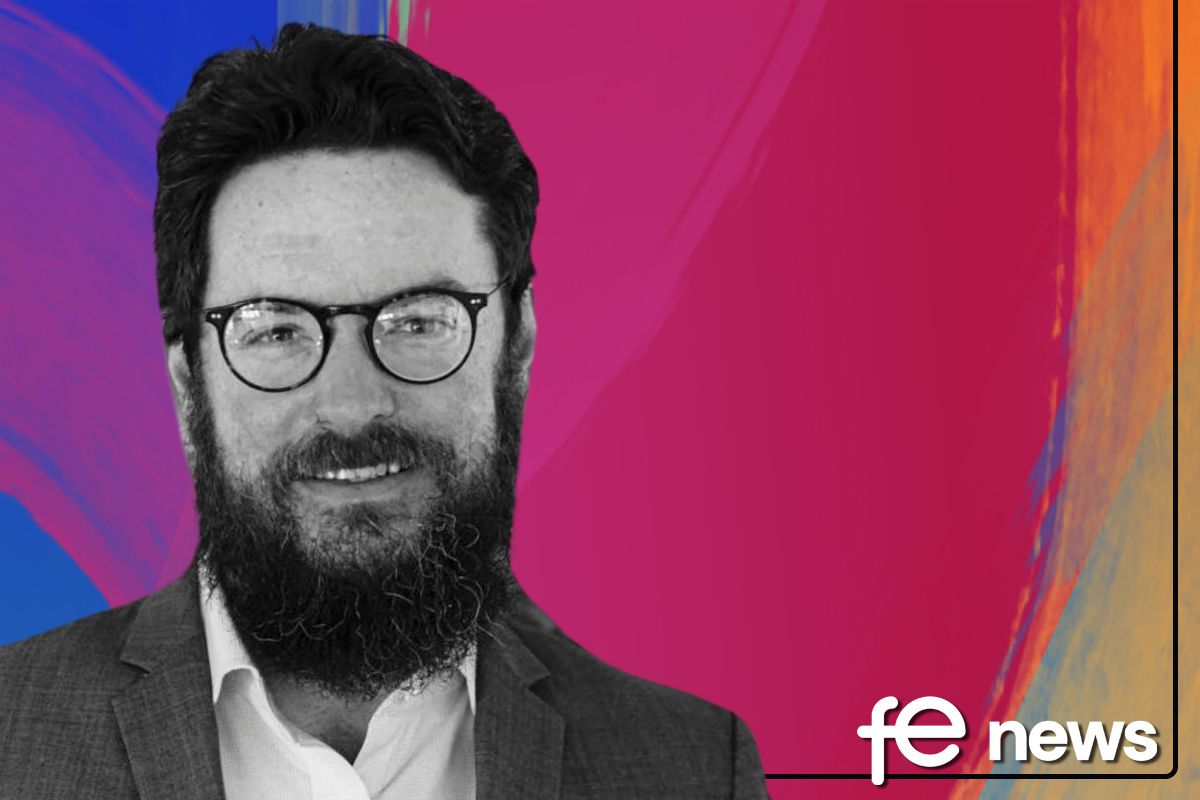
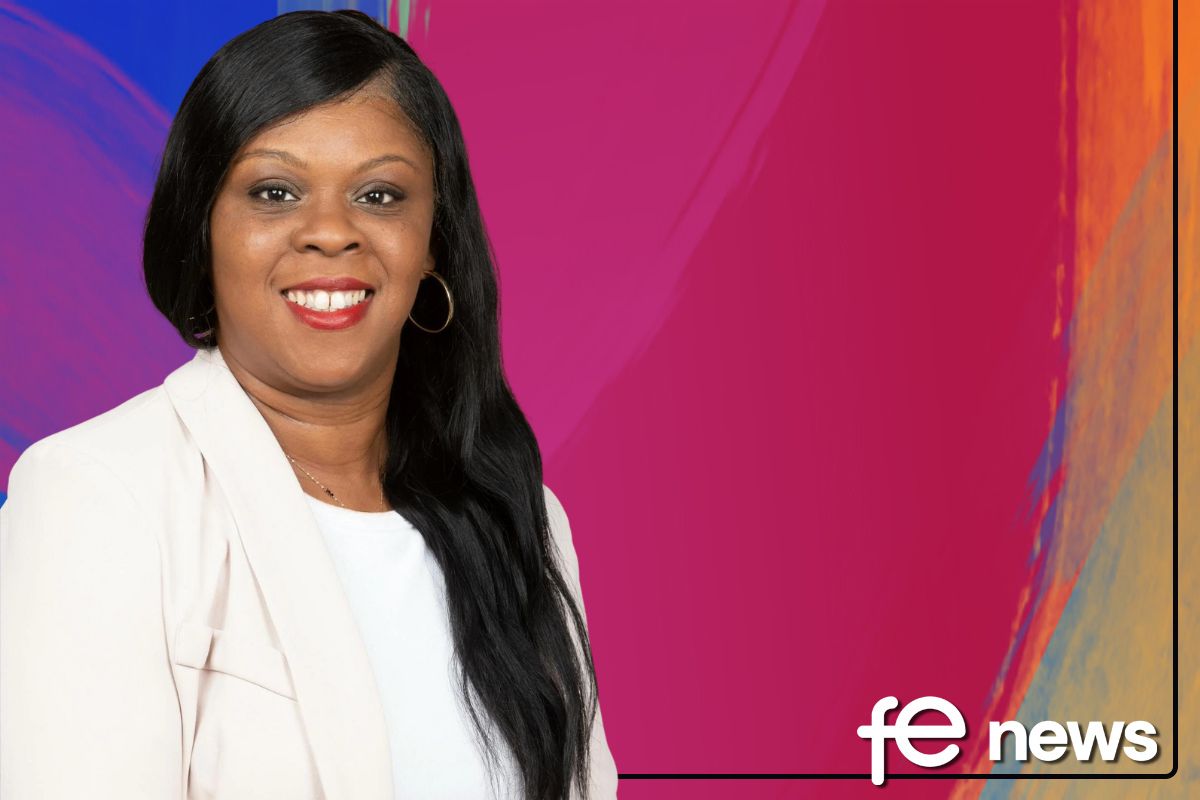

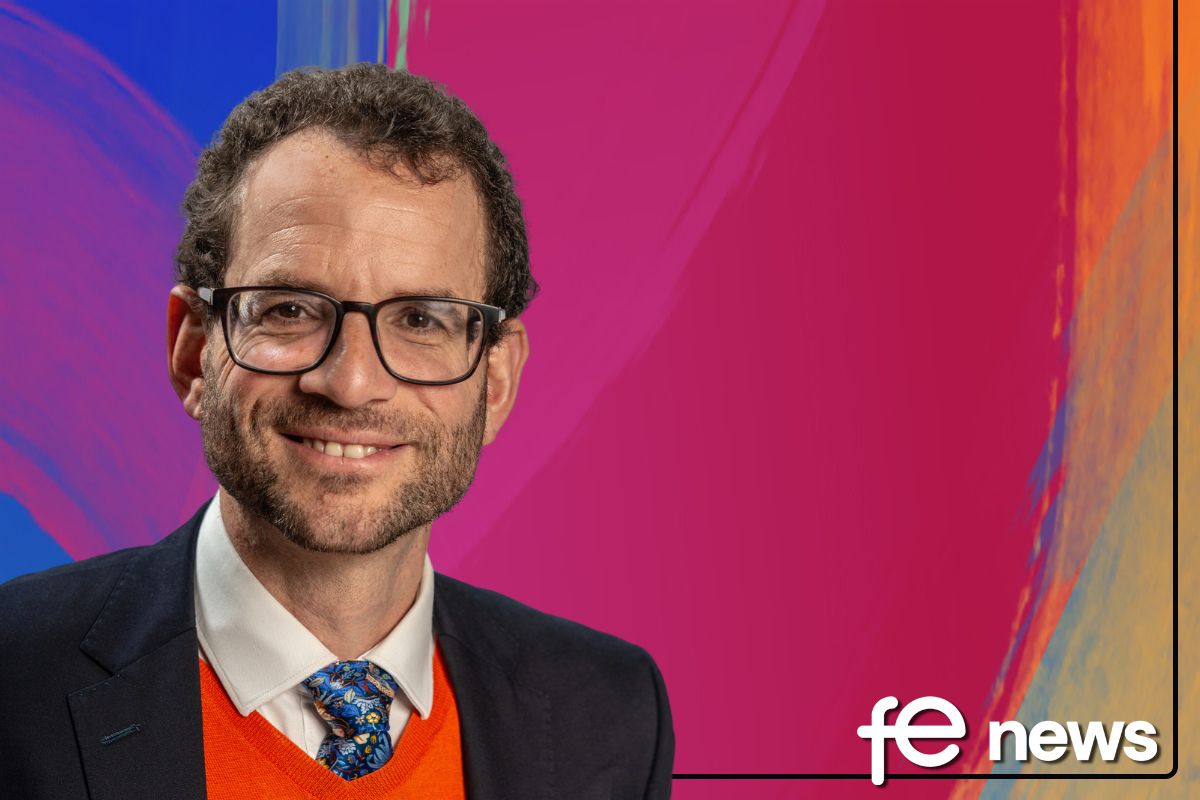
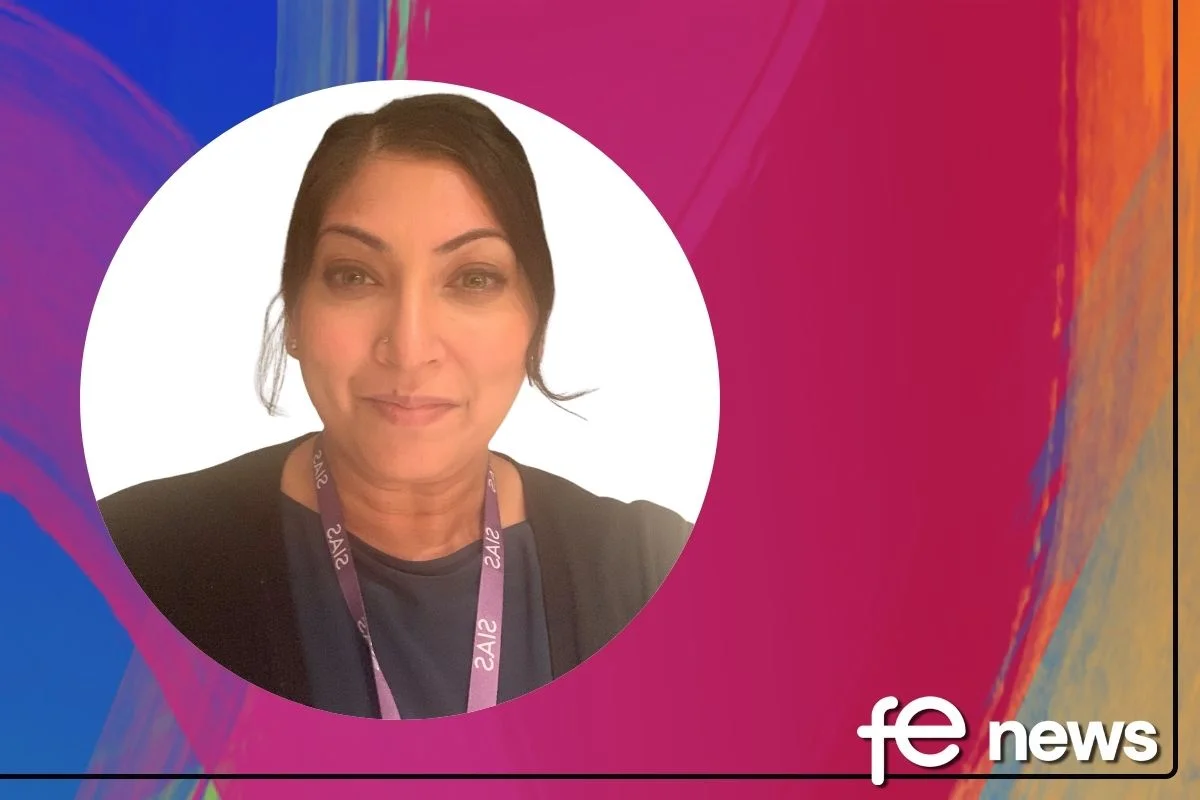


Responses